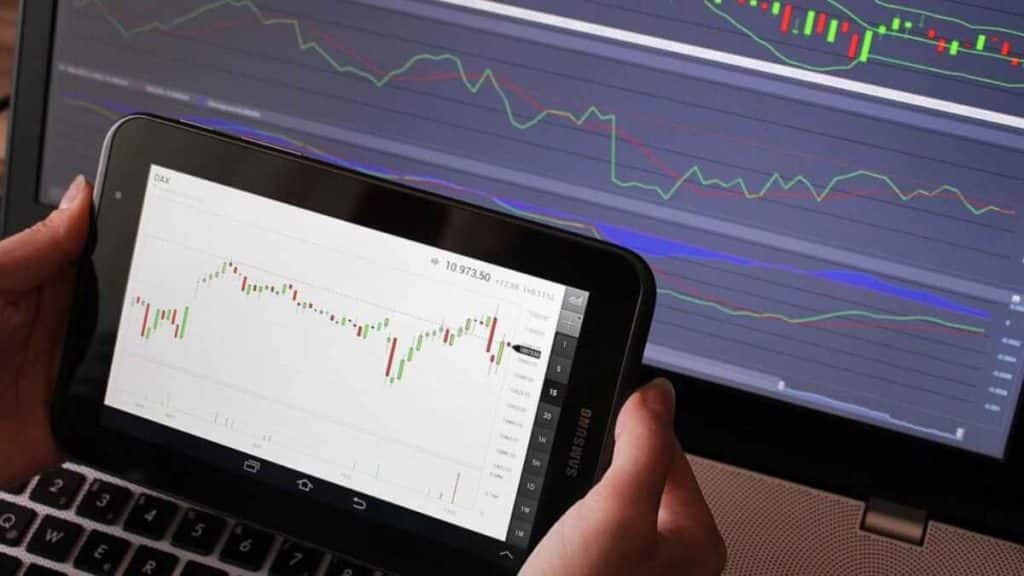Introduction
Forex trading is a well-known legitimate business across the globe. It is difficult to identify any country today where there are not a large number of forex traders in it. However, the high risk involved in forex trading has pushed many countries to develop laws to guide forex traders within the country. Some of these laws have placed limits on the amount of initial deposit any forex trader could make. Others are more concerned with the age limit before one can join forex trading.
While there are no global forex regulators today, each country has its forex regulators that monitor the activities of brokers and all forex traders within the country. These regulatory bodies are responsible for pointing out the standards which all forex brokers must abide by before they can operate in their regions. How conversant are you with these forex regulatory bodies across the globe? Do you know the forex regulators in your country? What are the regulations guiding forex trading in your region today? This work will help you learn some of the regulations guiding forex trading across different countries today.
Meaning of Forex regulations
Forex regulations are important rules of conduct that both forex traders and brokers need to abide by while carrying out their activities legitimately within the country. These regulations are made by the country’s financial market regulators and vary according to regions.
Important Forex Regulations you need to know as a forex trader today
- Age limit: The fact that forex is a very risky business has made it necessary for countries to put an age limit before traders can be admitted into the business. The general age expectancy before one can be admitted to trade forex is eighteen years. This is why every trader must provide his bio-data to brokers for verifications while registering. It is illegal for brokers to accept anyone below this age.
- Payment of taxes: The fact that forex trading is a legal business has made it compulsory for all forex traders to pay taxes. The gains from forex trading are considered capital gains and taxable after the trading cycle. Forex traders are therefore expected to report their gains to the tax agencies in their countries for proper tax deductions. Many countries today place some fine for traders who fail to pay taxes from their gains in forex once discovered.
- License for operations: All forex brokers must obtain an operational license from the financial regulatory authorities in each country before they can operate legally in such regions. Any broker that runs in a country without being registered with the country’s regulatory authority is considered an illegal dealer. Any trader dealing with such a broker is also considered an illegal dealer too. Only regulated brokers are allowed to operate.
- Limits on Leverage: Given the high-risk exposure arising from over-leveraging, many countries today place special limits on the permissible size of leverage a broker can offer to forex traders within the country ranging from 1:100 or 1:200, etc. This varies across countries today.
- Islamic accounts for Muslim traders: Ordinarily, forex trading is not allowed in Muslim countries today due to the interest involved in holding overnight positions. To allow Muslim traders to participate in forex trading, the broker will need to provide an Islamic account which is the only account permissible for Muslims traders as it does not charge any interest for holding overnight positions.
Ten Major Forex regulators you need to know today
- FCA – UK
- FSA – Japan
- ASIC – Australia
- CYSEC – Cyprus
- FMA – New Zealand
- FSC – Mauritius
- VFSC – Vanuatu
- FINMAR – Switzerland
- BFF – France
- BaFin – Germany
Angela Spearman is a journalist at EzineMark who enjoys writing about the latest trending technology and business news.

